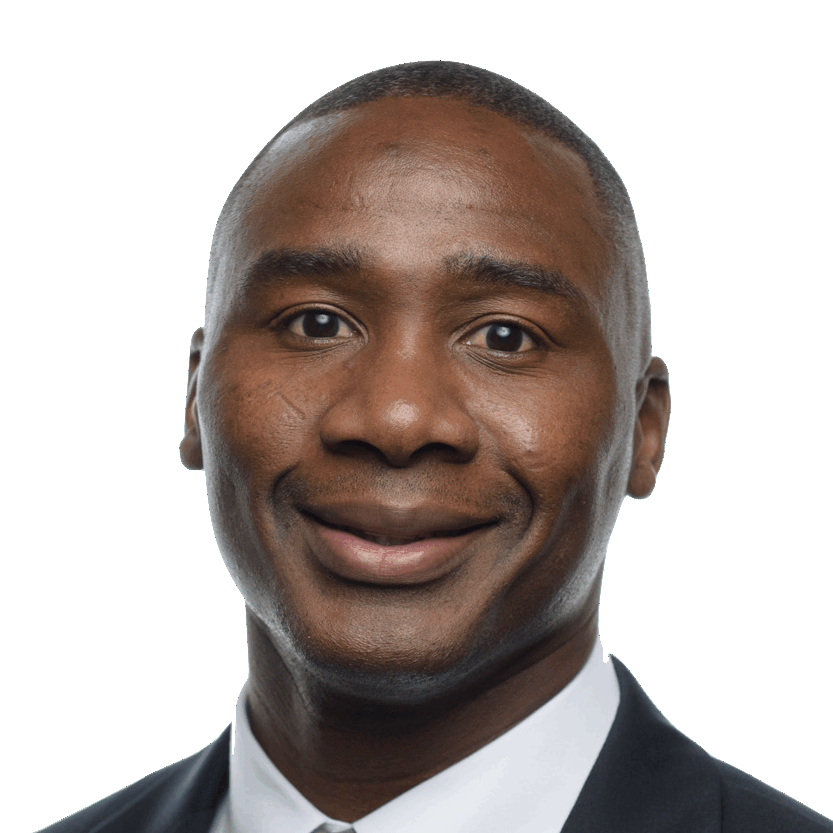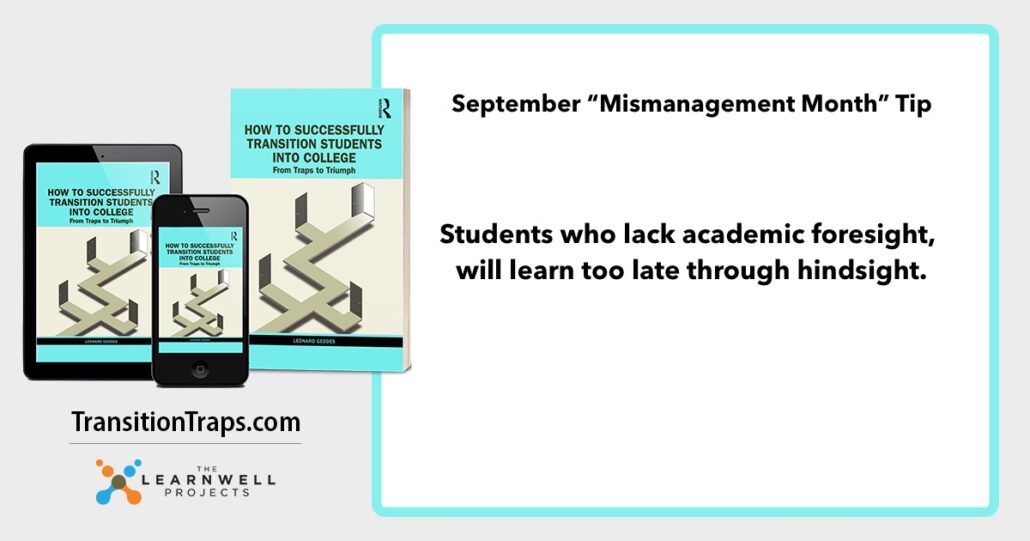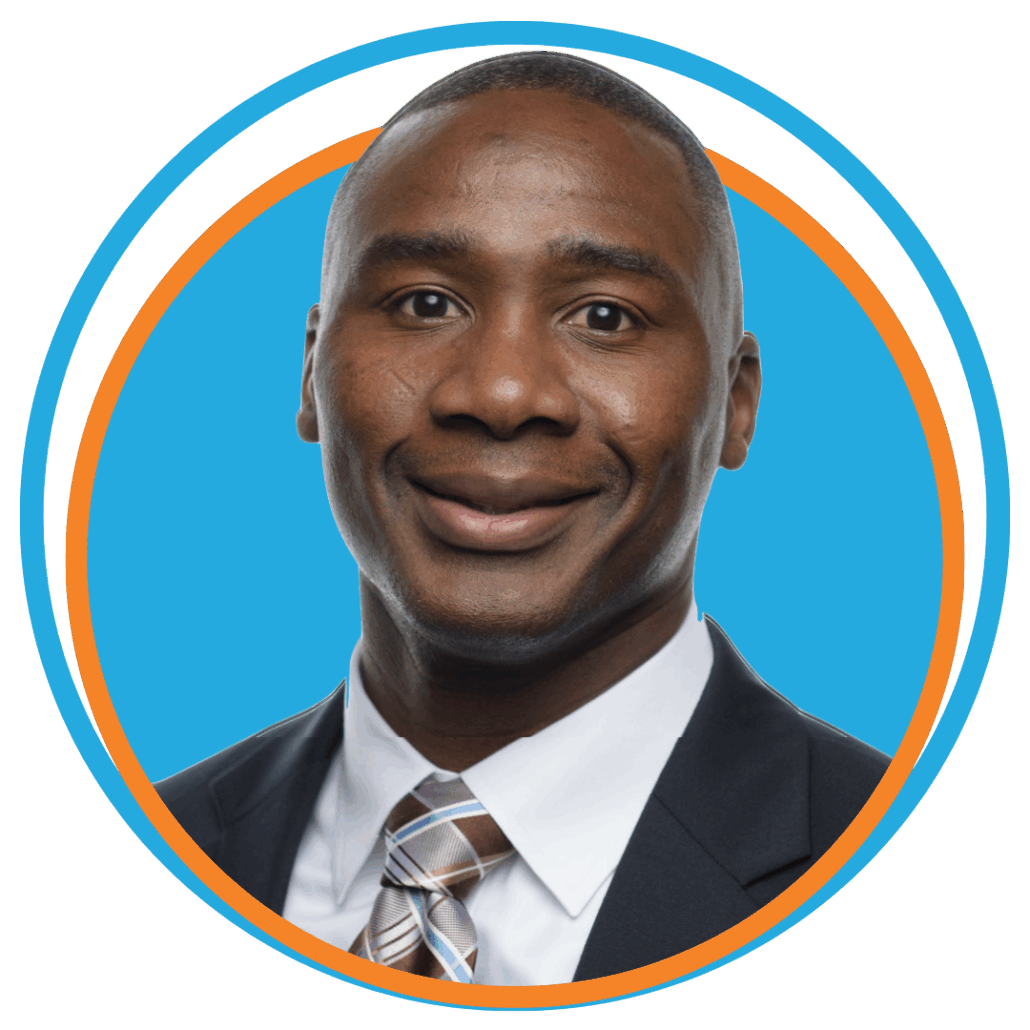Foresight is beneficial in many aspects of life. Whether you’re planning a big project at work, preparing for a career change, or even organizing a vacation, foresight helps you navigate uncertainty and work toward a clear outcome. But what happens when students don’t apply this mindset to their academic work?
Foresight, the ability to anticipate what’s needed and plan accordingly, is critical for success. In business, professionals use foresight to identify market trends and guide decisions. In personal life, foresight helps us plan for future milestones like buying a home or saving for retirement. But in the academic world, foresight can be the difference between excelling and merely surviving.
While chatting with a group of students in the Walter Library on the campus of the University of Minnesota, I noticed something interesting. These students were studying for upcoming quizzes and tests, but when I asked them what was guiding their work, it became clear—they were studying blind. They had no academic foresight, which limited their ability to study effectively.
As I mentioned in a previous post, September is often labeled “Mismanagement Month” by the leaders and learners I’ve trained over the years. Instead of setting themselves up for success, many students end up working aimlessly. But we can stop pseudowork by helping students move from working with nosight to using academic foresight, managing their studies with clarity and purpose.
We must guide students in developing academic foresight. Here are three tips to help:
- Tip 1: If students can’t explicitly and clearly express how the content they’re learning fits into one or more of their course learning outcomes, they lack academic foresight.
- Tip 2: Students need cognitive dexterity to activate the specific skills needed to transform daily content into broader course outcomes.
- Tip 3: You know students are on the right path when they can both engineer their learning process and reverse-engineer their knowledge to understand the metacognitive triggers that generated that knowledge.
Engagement Exercise:
Ask your students to spend 5 minutes reviewing the content they’re learning this week. Have them write down how it connects to their course outcomes. Then, encourage them to identify one study strategy that will help them work toward mastering that outcome. Share the results with a classmate or professor for feedback.
September offers students a golden opportunity to set themselves up for success, but many mismanage it and pay the price come midterms. Don’t let your students fall into the trap of working blind. Those guided by foresight will be better prepared and less reliant on the regret of hindsight.
Want to dive deeper into this topic?
[gravityform id=”30″ title=”false” description=”false”]
Join the discussion below!


